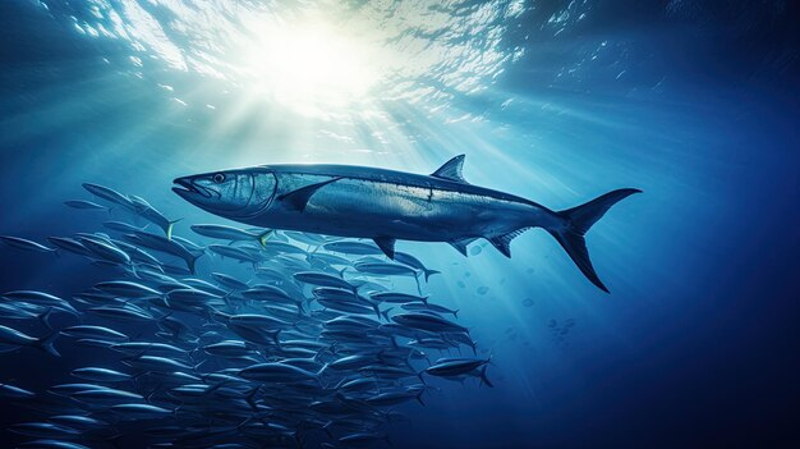- Tunas and other large pelagic species, such as billfishes, sharks, and rays, hold immense economic significance, with tunas alone contributing an estimated annual value of trade of US$41 billion (in 2018).
- There were participants from countries namely, Indonesia, France, Spain, other countries of the European Union (EU), Seychelles, Tanzania, Iran, Thailand, Japan, Sri Lanka, Oman and India attending the meeting in person. Besides, many participants from various other countries, IOTC and scientific organizations are attending the meeting in Virtual Mode as well.
About IOTC
- The Indian Ocean Tuna Commission (IOTC) was established under Article XIV of the FAO Constitution and is responsible for the management of tuna and tuna-like species in the Indian Ocean and adjacent seas, north of the Antarctic Convergence.
- IOTC was developed in 1993 and entered into force in 1996. The Secretariat was established in Seychelles in 1998. IOTC includes 31 members.
- Unlike other Regional Fisheries Management Organizations [RFMOs], the IOTC was created within the framework of the UN Food and Agricultural Organization’s (FAO) Constitution
- However, the Commission is fully autonomous, both functionally and financially, with the budget supported entirely by member contributions

